
INGREDIENTS
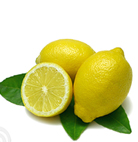
LemonLemon
Lemon is the fruit of ancients, rich in vitamins C and anti-microbial properties. Is has been used to restore and brighten skin for thousands of years.
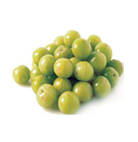
AamlaAamla
In traditional Indian medicine, dried and fresh fruits of the plant are used. All parts of the plant are used in various Ayurvedic medicine (Jawarish amla) herbal preparations, including the fruit, seed, leaves, root, bark and flowers.
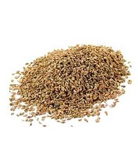
AjwainAjwain
Ajwain is traditionally believed to be a digestive aid. In southern parts of India, dry Ajwain seeds are powdered and soaked in milk, which is then filtered and fed to babies.
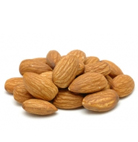
AlmondAlmond
Almonds are the earliest and most nutrients of the entire world’s nut crops, rich in soothing vitamin E and other antioxidants known to improve and protect the complexion. Useful in treating eczema, pimples and blackheads.
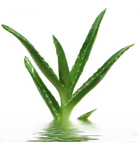
Aloe VeraAloe Vera
Aloe Vera has been called the “soothing desert lily” used for thousands of years as an elixir of youth. It is natural moisturizer with anti-bacteria, anti- inflammatory, anti-oxidative benefits. Naturally protects skin cells from environmental damage.
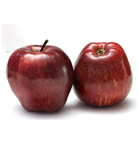
AppleApple
Apples have been nature’s “health fruit” since the beginning of time with many nutrients and anti-oxidative properties. Apples are excellent detoxifiers and protectors to purify, refresh and revitalize skin and hair.
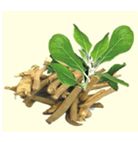
AshwagandhaAshwagandha
Ashwagandha is a type of shrub that is rather famous in the field of Ayurvedic Medicine. More commonly found in the dry regions of India, it is known to grow during late rainy seasons and has plenty of use, not only in the field of medicine but also in culinary arts.
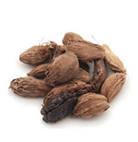
Badi ElaichiBadi Elaichi
In Chinese medicine, tsao-ko is used to treat stomach disorders and malaria.
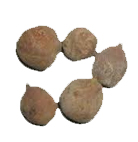
BahedaBaheda
Baheda is a large deciduous tree found throughout India, in areas up to an altitude of 1,000 meters. The tree takes a height of 30 meters, while the bark is brownish grey in color.
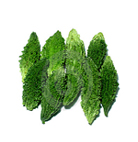
Bitter GourdBitter Gourd
Bitter gourd is rich in iron, beta-carotene, and potassium. It can relieve constipation and improve circulation, thereby producing slimming effects on the body. Leaf juice also of bitter gourd is beneficial in the treatment of alcoholism.
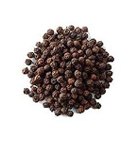
Black PeperBlack Peper
Black pepper is produced from the still-green unripe drupes of the pepper plant. The drupes are cooked briefly in hot water, both to clean them and to prepare them for drying. The heat ruptures cell walls in the pepper, speeding the work of browningenzymes during drying.
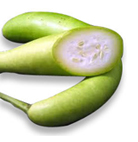
Bottle GourdBottle Gourd
Bottle gourds are one of the favorite vegetables of Indians and have numerous health benefits. They are especially good for old aged peoples.
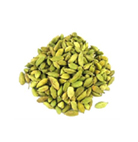
Chhoti ElaichiChhoti Elaichi
It is more popularly used as a herbal spice, which is added in dishes to provide a strong aroma and flavor but in Ayurveda it is considered to be a very useful and effective medicine.
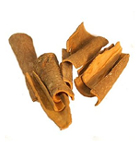
DalchiniDalchini
It is an aromatic herb that comes from a tropical evergreen tree of the laurel family growing up to 7m in its wild state. Both the bark and leaves are aromatic. It is the inner bark of the tree.
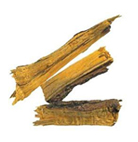
Daru HaldiDaru Haldi
It reduces inflammation of the gall-bladder and improves appetite, digestion and assimilation. An infusion of the root powder helps to fight gum diseases. The root powder can also be applied externally for healing wounds, swellings and inflammations. The root powder mixed with camphor and butter helps in case of pimples and boils.
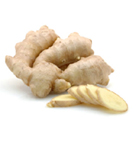
GingerGinger
The traditional medical form of ginger historically was called Jamaica ginger; it was classified as a stimulant and carminative and used frequently for dyspepsia, gastroparesis, slow motility symptoms, constipation, and colic. It was also frequently employed to disguise the taste of medicines.
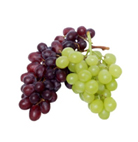
GrapesGrapes
Grape phytochemicals such as resveratrol (a polyphenol antioxidant), have been positively linked to inhibiting any cancer, heart disease, degenerative nerve disease, viral infections and mechanisms of Alzheimer’s.
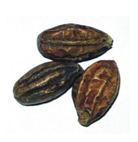
HaradHarad
harad is one of the important ayurvedic Herbs used for any problems related with digestion. Alternate medicine or Ayurveda believe that half the diseases could arise due to stomach or intestinal problems. harad is a magical herb and its fruit is used to treat acidity, heartburn, constipation, ulcers, piles, inflammation, dysentery and diarrhea.
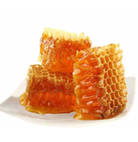
HoneyHoney
Honey is the nectar of life, composed of healing, brightening sugars and minerals known to purify, heal and soothe the skin . It also contains vitamins B1, B2, C, B6,B5 and B3, as well as traces of copper , iodine and zinc.
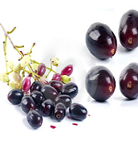
JamunJamun
Jamun is otherwise known as Syzygium Cumini a commonly known fruit in India for diabetic control. However, many do not know the blood sugar or blood glucose controlling properties of Jambolan.
Copyright© 2014 - Basic Ayurveda. All Rights Reserved

